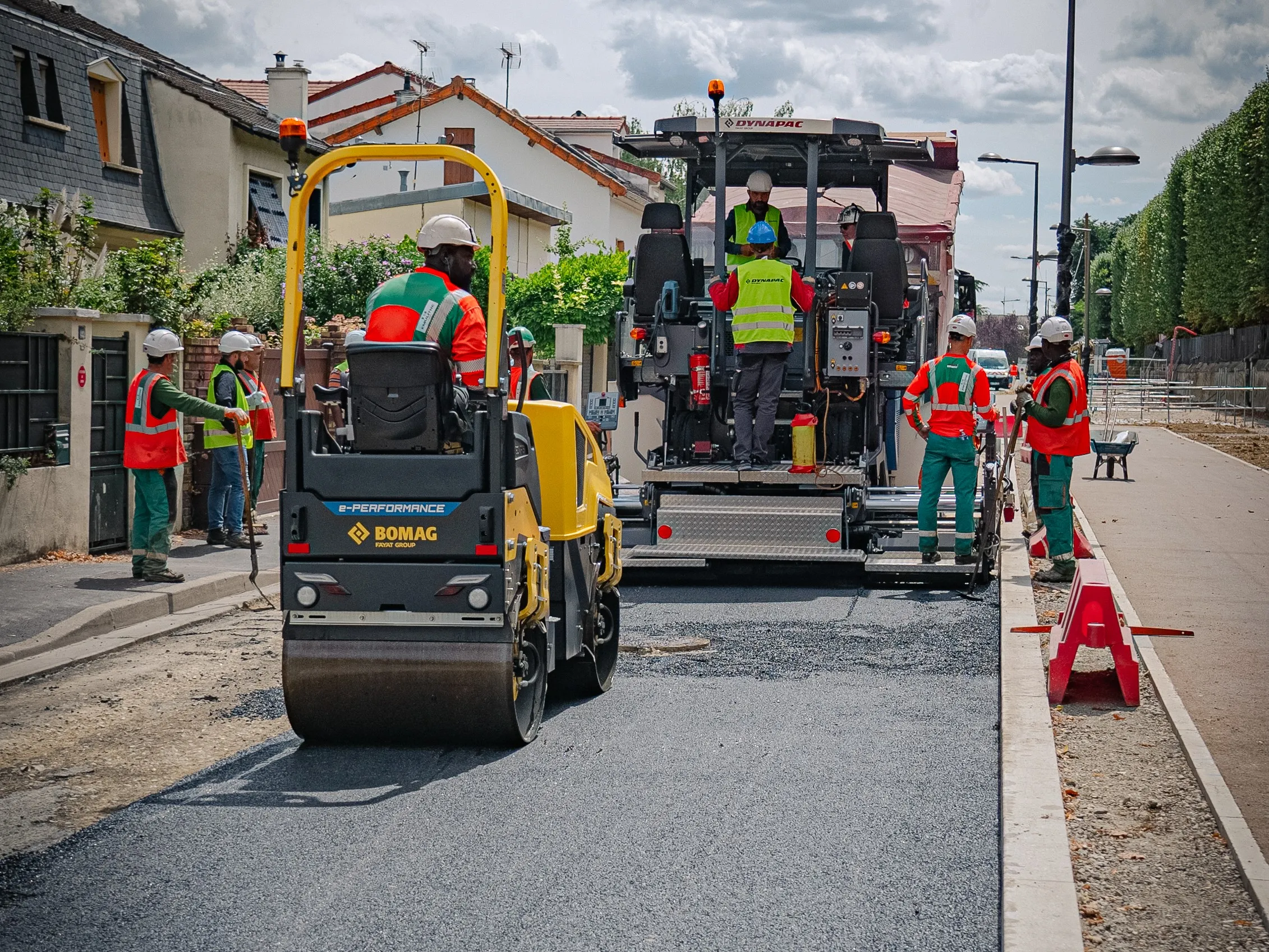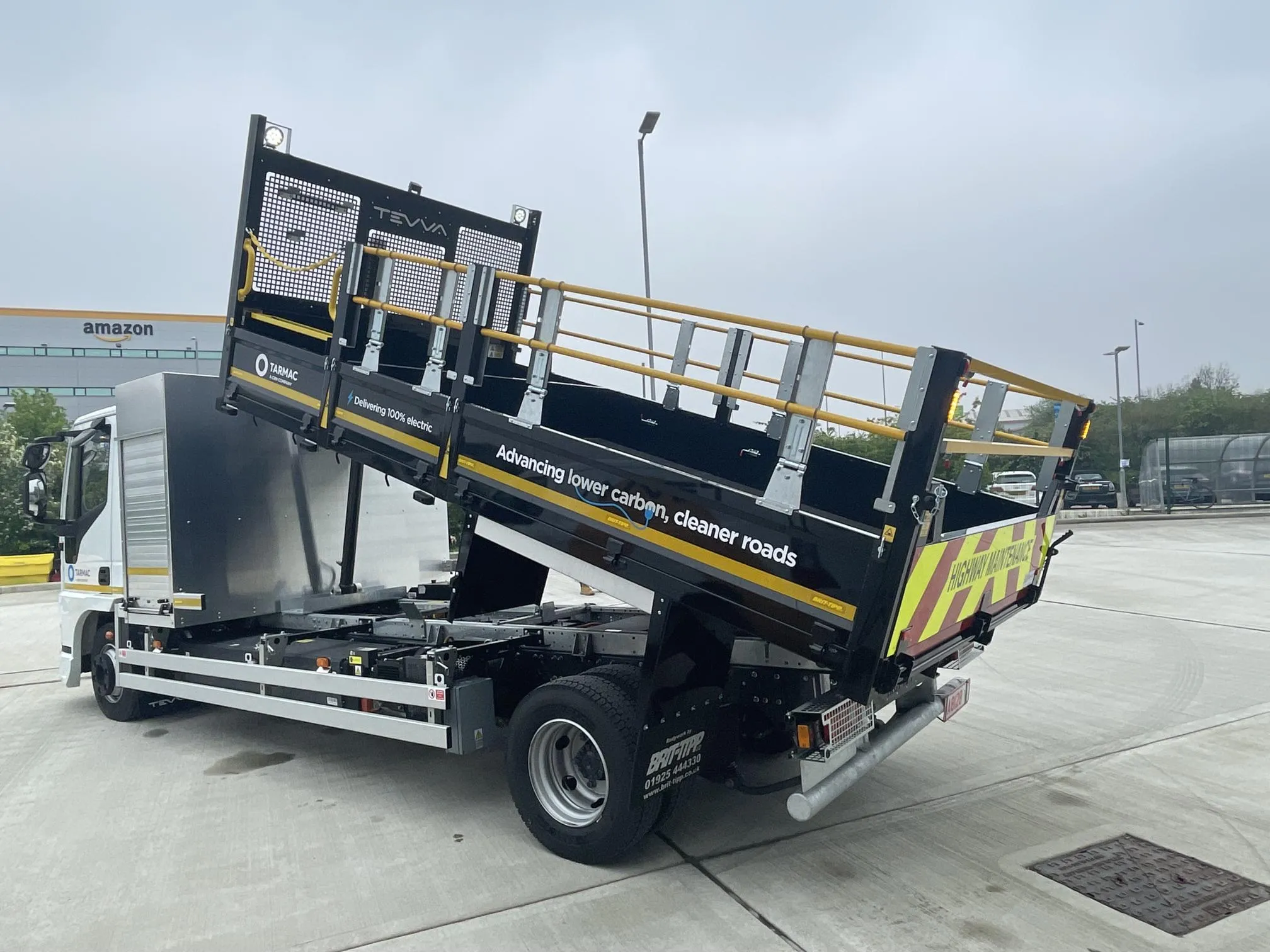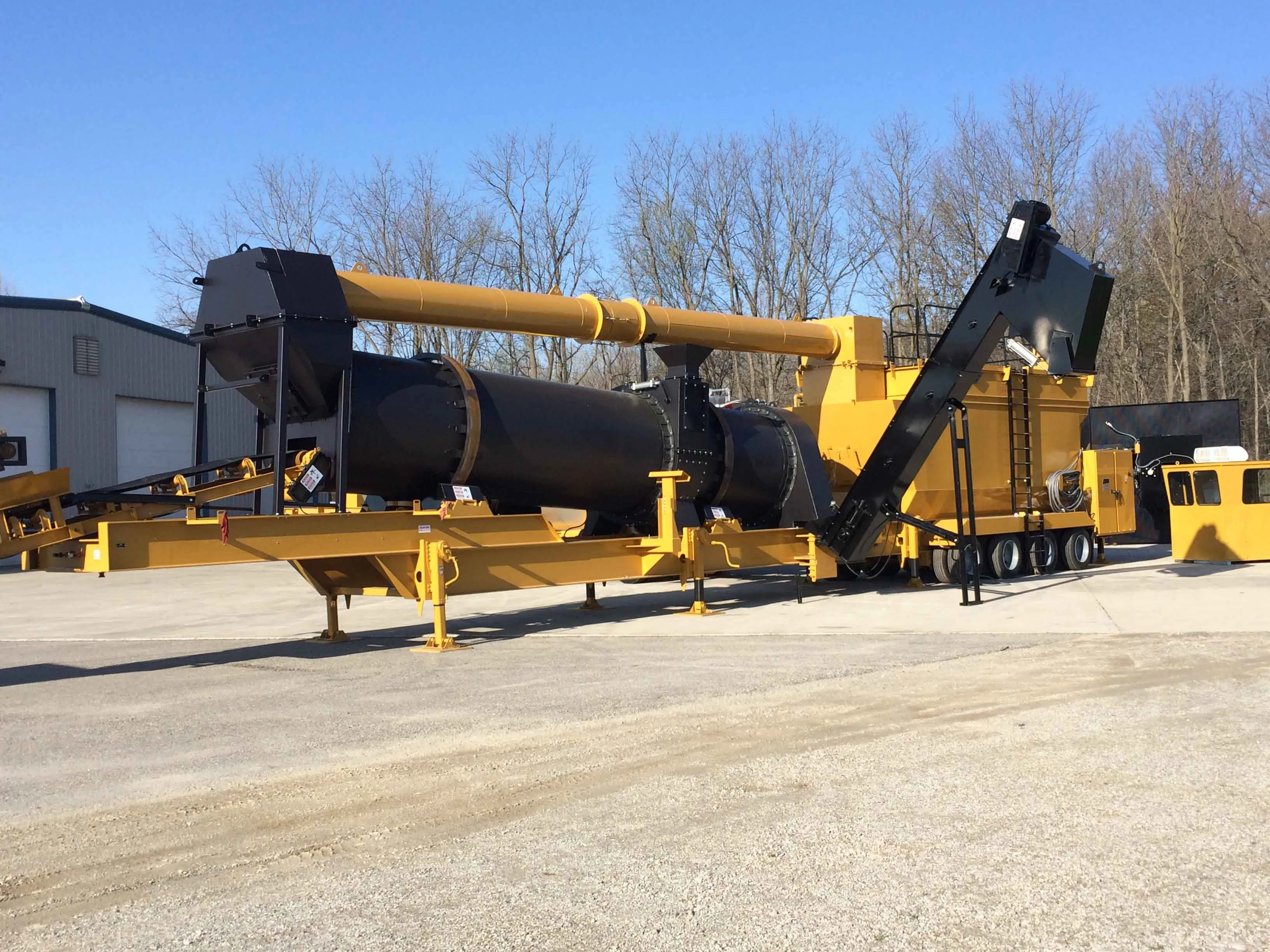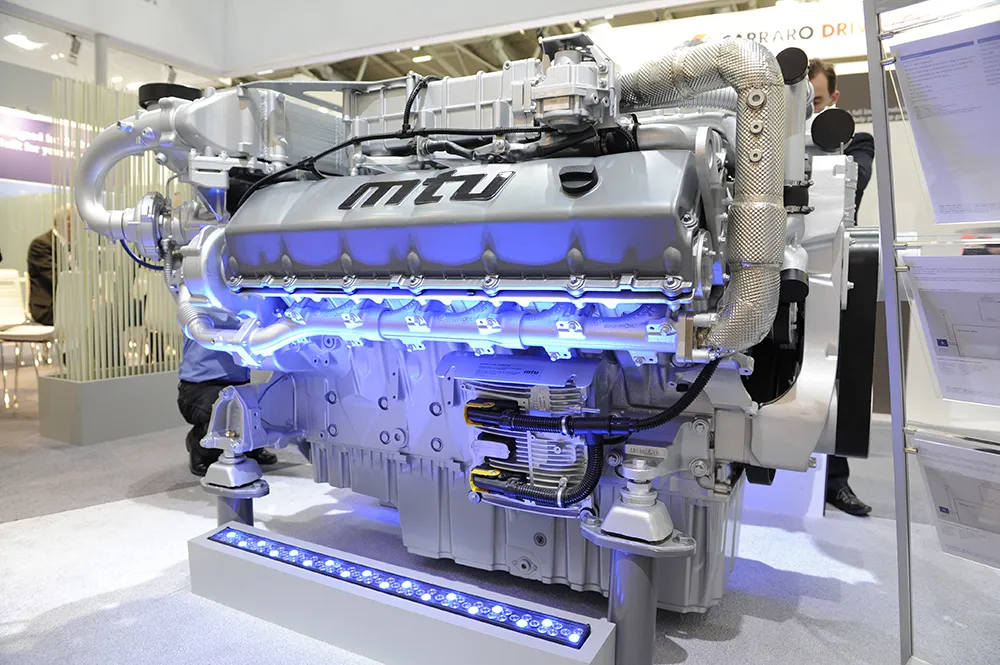Itaipu Binacional and Parque Tecnologico de Itaipu (PTI) are said to be in the planning stages of developing a second electric car in Paraguay, following on from the Aguara electric prototype car. The new small family electric car will be able to travel 100km-120km on a full battery charge, reaching a maximum speed of 100km/h. The ultimate aim is to depend less on imported fuels.
March 15, 2013
Read time: 1 min
The new small family electric car will be able to travel 100km-120km on a full battery charge, reaching a maximum speed of 100km/h. The ultimate aim is to depend less on imported fuels.









